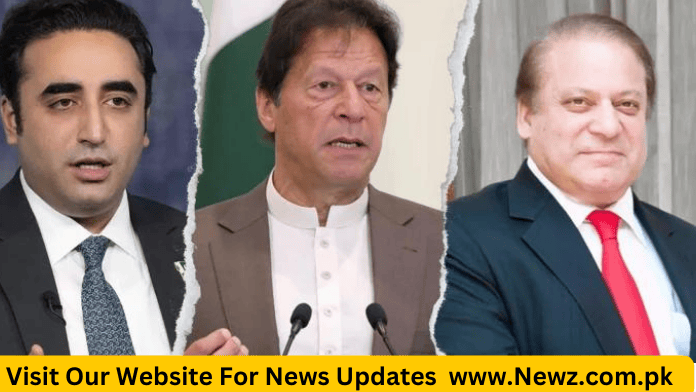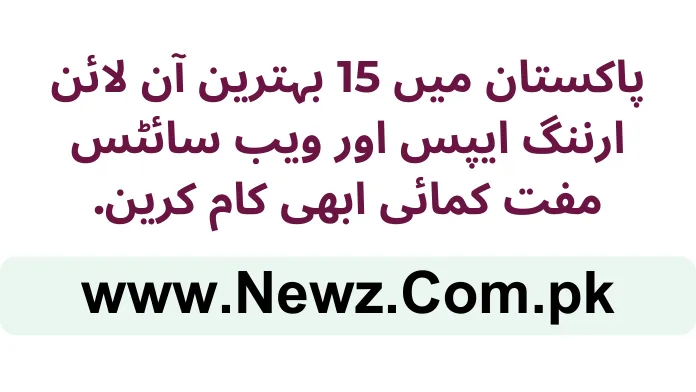Pakistan’s political landscape is experiencing heightened turmoil as the country approaches general elections next week, marking nearly two years of unrest. The focus extends beyond determining the next government; it encompasses the very nature of democratic governance in the upcoming weeks and months
Imran Khan
Imran Khan, once celebrated as one of the country’s most popular politicians, finds himself eliminated from the race. Recent court rulings, resulting in jail sentences and a decade-long bar from holding public office, have left him unable to participate in the February 8 elections. Although he can appeal to higher courts, the broader issues facing Pakistani politics transcend the immediate electoral context, revealing deep-seated fault lines within the nation’s social and political fabric.
The fractures began surfacing nearly a decade ago when Imran Khan and his party, Pakistan Tehreek-e-Insaaf (Justice Party), gained traction, forming a government in the province of Khyber Pakhtunkhwa in 2013. Over the years, Khan’s relationship with the military establishment experienced fluctuations, culminating in a significant rupture on May 9, 2023. On this fateful day, hundreds of Khan’s followers launched attacks on military installations nationwide, reshaping Pakistan’s political landscape with repercussions still felt today.
Since then, Khan and his supporters have faced legal consequences and numerous defections, resulting in the disintegration of the once-mighty PTI. Supporters lament the lack of a level playing field, attributing their political downfall to external factors. However, a more nuanced perspective acknowledges the leadership’s mistakes before and after the pivotal events of May 9.
At the core of Khan’s misjudgments lies a miscalculation of the military establishment’s role in the state. While civil-military relations are a well-explored topic, their practical implications continue to shape power dynamics in Pakistan. Khan initially leveraged the establishment’s support to ascend to power but erred in turning against his benefactors. The first fracture appeared over the appointment of the head of the country’s premier intelligence agency and was never repaired.
Imran Khan NEWS
The divide deepened when Khan, ousted through a vote of no-confidence, publicly confronted the military—an ill-advised move showcasing a superficial understanding of established power dynamics. Overestimating his popularity, Khan attempted to convert it into a rebellion against the state structure. Despite an initially supportive response from his base, his confrontational approach strained the relationship. Khan’s speeches, accusing generals of conspiracies against him, escalated without military pushback, leading him into a dangerous brinkmanship where he lost his political bearings.
As Pakistan heads into elections, the aftermath of these political miscalculations and fractures paints a complex picture, one that extends beyond the ballot box to the fundamental dynamics shaping the nation’s political landscape.






